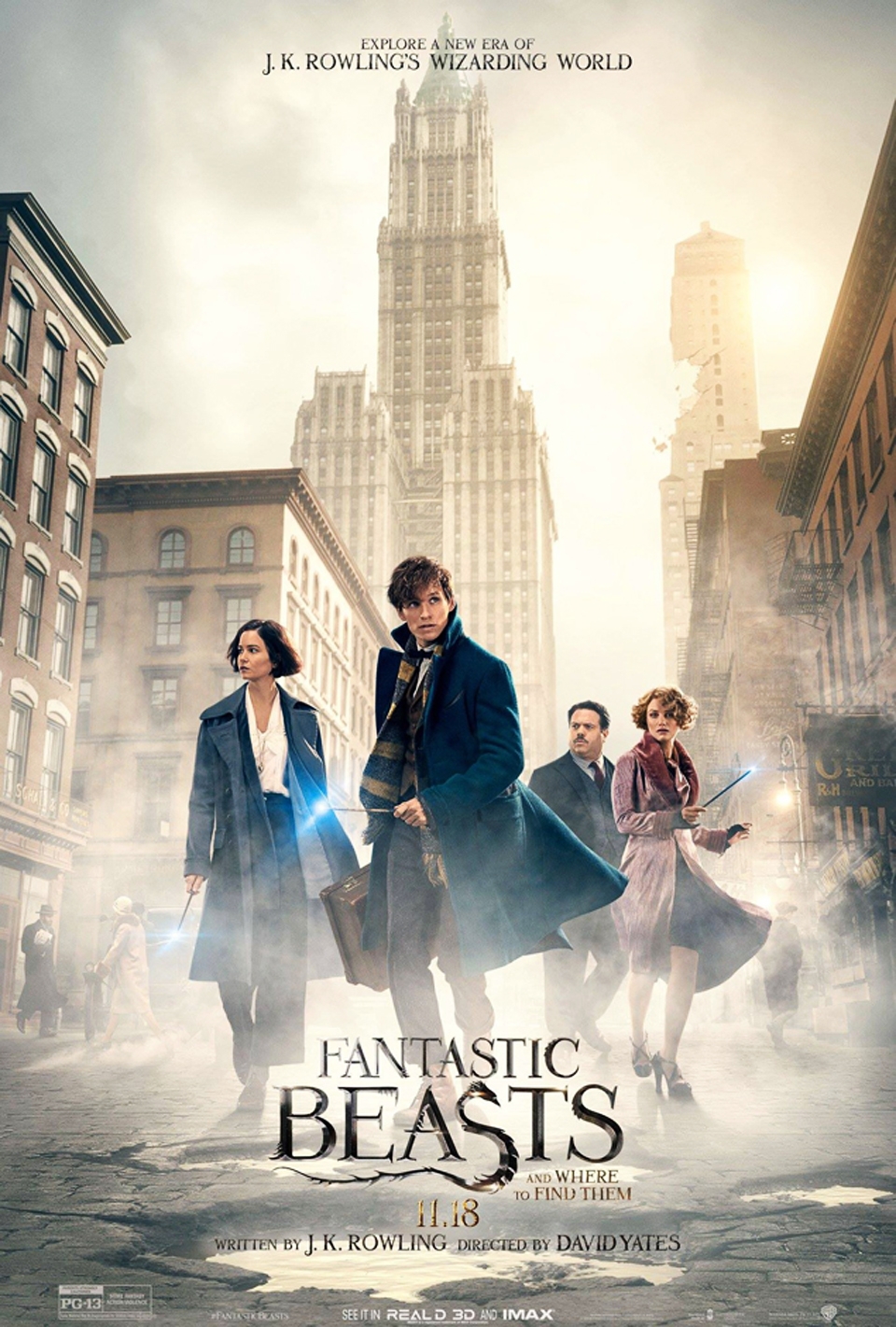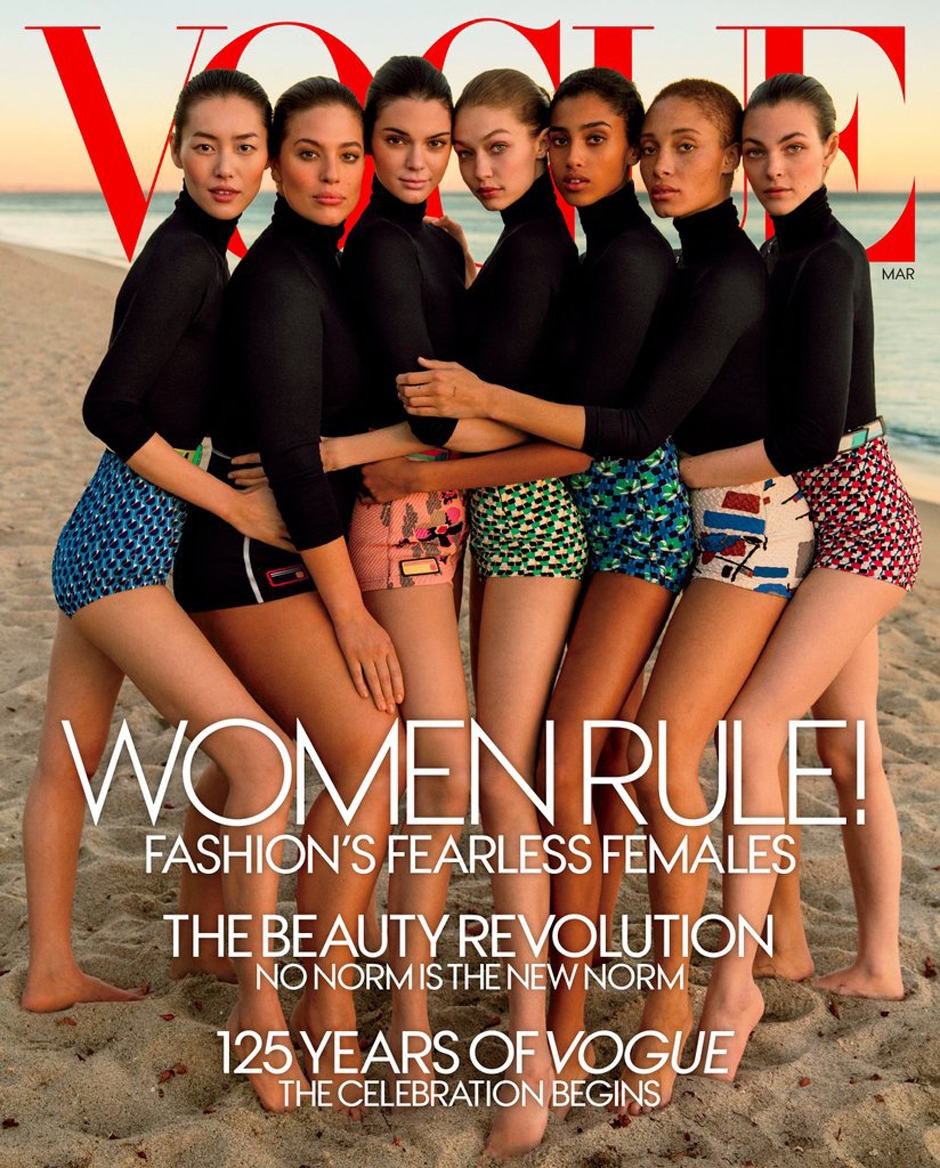
Alex Wolfe | Staff Writer
02/22/18
“My love letter to water.” That’s how Associate Professor of Music Technology Lynn Purse referred to her newest composition.
The piece, titled “Watershed for Cello and Orchestra,” is a four -part movement composed for cellist and Adjunct Cello Professor Adam Liu and the Duquesne Symphony Orchestra. The piece premiered under the direction of conductor Daniel Meyer on Feb. 20 and was released under the Three Oranges label.
For Purse, the process of writing her ode to Pittsburgh’s water began nearly a year ago when she was approached by Liu, who asked her to write a cello piece.
Upon her reception of the Presidential Scholarship Award, Purse set out on a journey to write the composition, a journey that would lead her to completely reeducate herself about Pittsburgh’s rivers.
“Watershed” is actually a single part of a larger piece — A Year in Penn’s Woods — a multimedia composition to educate on the ecology of Western Pennsylvania. However, “Watershed” was nonetheless quite an undertaking.
“It was more complex than anything I had ever written before,” Purse said. “I even spoke to a biology professor about the ecology of river systems.”
Purse spoke with Associate Professor of the Bayer School of Natural and Environmental Sciences Brady Porter about a concept known as the River Continuum, a model for classifying and describing flowing water, which she employed to develop the rolling and falling themes of “Watershed.”
Purse used this concept to construct a piece centered on sound ecology.
“[‘Watershed’] details those sounds that we interact with on a daily basis, but might not appreciate or even notice,” she said.
“My conversations with Dr. Porter actually made a monumental difference in the way I shaped the imagery of the different aspects of a watershed,” Purse said.
The four movements of the piece are meant to chronicle the movement of water across the land and its subsequent effects upon the Pittsburgh ecosystem.
The diverse nature of Pittsburgh’s watersheds gave Purse an opportunity to utilize the full range of the cello.
“The lower tones and soft timbre [tone] of the cello are often drowned out by the accompanying orchestra,” Purse said. “I wrote ‘Watershed’ with the goal of expressing the subtle and the obvious parts of the ecosystem.”
To further create a diverse soundscape, Purse adapted the piece so that Adam Liu, who was born in Northern China, could play the second, quieter movement on the erhu, a traditional Chinese two-stringed instrument.
The erhu is so soft that it actually requires a microphone to be properly heard in most concert settings. Upon Liu’s request, Purse rewrote the movement for the erhu, adding a completely new style to the piece.
Purse wants the listeners of “Watershed” to be reminded of the delicate impact of watersheds upon our daily lives.
“Protecting the more discrete aspects of the environment are just as important as protecting well-known animals or habitats,” Purse said. “I hope that everyone who hears the piece can be reminded of the importance of any contribution they can make to defend the ecosystems within which they live.”




